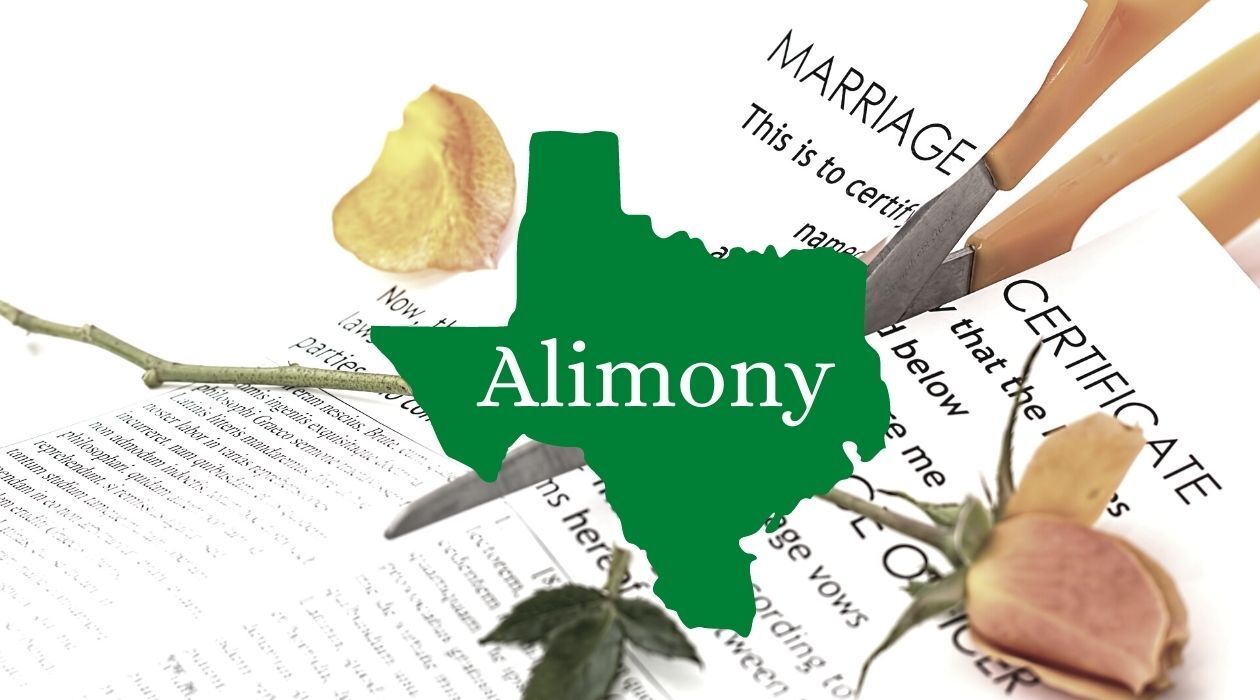Contested vs Uncontested Divorce in Texas
Based in Texas and considering a divorce?
As you begin the divorce process, it's important to understand that there are two types of divorce in Texas: uncontested and contested. Your divorce experience will vary dramatically depending on which path you (or your spouse) takes, with contested divorces being far more expensive, complex, and often prolonged.
Regardless of how you expect the divorce to proceed, you'll want to be informed of both possible scenarios so that you're prepared. Here are the key differences and distinguishing characteristics of contested vs. uncontested divorce.
Definition of Contested Divorce
A contested divorce in Texas is when your spouse disputes anything in the case. This could include facets like child custody, division of assets and other financial areas, or could be a protest of the divorce itself.
It is always best to hire a mediator or attorney to help you navigate this, because if you can avoid going to court with major issues still being contested, you will save significant time and money. Litigation is where a divorce becomes the most complicated.
If the arrangements still don't settle in court, or you can't reach an agreement with your spouse, the judge will ultimately decide. Fortunately, in a contested divorce you will retain the option to appeal court decisions at a later date. By contrast, an uncontested divorce will not generally allow for an appeal of agreements because both parties consented to the arrangement; modification is the extent of your options in that case.
In Texas, grounds for a contested divorce include:
- Adultery
- Abandonment, refusal, or neglect
- Drug or alcohol abuse
- Felony conviction
- Impotency and sterility
- Bigamy
Ultimately, Texas (like most other states) will allow a no-fault divorce as well, meaning that even if your only grounds are "irreconcilable" differences, you will be able to get a divorce.
Definition of Uncontested Divorce
For a divorce to be uncontested (and to avoid court) you and your spouse will need to agree on all major issues.
You and your soon to be ex-spouse must agree on issues like:
- Property division
- Debt allocation
- Spousal support
- Child custody
Texas provides a standard form to petition for an uncontested divorce. An uncontested divorce follows the same legal process as a contested divorce. However, the legal process often moves forward more easily when the divorce is uncontested, and you may be able to avoid court.
Depending on your location, judges will handle the case differently. In Harris County TX, for example, judges don't necessarily spend much time on the details of why you're getting divorced. In a more conservative county, this may vary slightly. Judges will usually look more closely if family/community property was improperly used (e.g. involving the "other woman or man"), and may request more details of why the marriage is dissolving.
Don't Be Afraid to Fight for What You Want
It can be tempting to make compromises to avoid the expensive process of a contested divorce (and indeed some compromises are always required, especially where children are involved). But it's important to remember that the outcome of your divorce will have ripple effects that can last for your whole life! If you're concerned that the results of your divorce will be less than desirable, from asset division to parenting plans, don't hesitate to fight for what you care about.
Fortunately, you don't need to struggle through your divorce alone. The best decision you can make is to hire an attorney who understands 'local judicial culture' for your county, and has the experience to defend your case.
At McClain Bespoke Legal Solutions we have an intricate knowledge of complex Texas family law, and we know how to guide you through divorce - contested or uncontested. Our team treats each case as unique and strives to provide our clients with clear, thorough options for handling their legal matters. Reach out to us today and let's talk about solutions.









